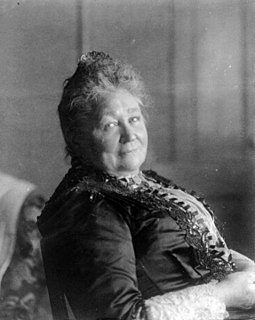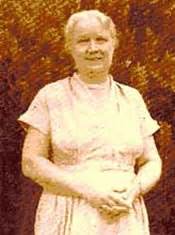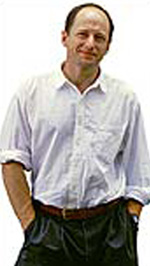A Quote by Christopher Paolini
Those whom we most love are often the most alien to us.
Related Quotes
The being who, for most men, is the source of the most lively, and even, be it said, to the shame of philosophical delights, the most lasting joys; the being towards or for whom all their efforts tend for whom and by whom fortunes are made and lost; for whom, but especially by whom, artists and poets compose their most delicate jewels; from whom flow the most enervating pleasures and the most enriching sufferings - woman, in a word, is not, for the artist in general... only the female of the human species. She is rather a divinity, a star.
The prayer of listening makes things simple but it also makes us vulnerable, and that is frightening. Listening makes us open to Christ, the Word of God, spoken in all things: in the material world, the Scriptures, the Church, and sacraments and, sometimes most threateningly, in our fellow human beings. To listen at prayer is to take the chance of hearing the voice of Christ in the poor, the weak, those whom we love and those whom we do not love.
It is easy to speak words of love, or to meditate lovingly upon those people with whom you are in harmony. But it is those people who seem most difficult, who may even seem hostile, that need your radiation of love most. Their very hostility is but their soul's cry for loving recognition. When you generate sufficient love to them, the discord will fade away.
If God is Love, He is, by definition, something more than mere kindness. And it appears, from all the records, that though He has often rebuked us and condemned us, He has never regarded us with contempt. He has paid us the intolerable compliment of loving us, in the deepest, most tragic, most inexorable sense.
I believe the hard heartest, most cross grained and most unloving Christians in all the world are those who have not had much trouble in their life. And those that are the most sympathizing, loving and Christlike are generally those who have the most affliction. The worse thing that can happen to any of us is to have a path made too smooth. One of the greatest blessings the Lord ever gave us was a cross.
Love begets wisdom, thus it is, as often misconceived, more than vain layers of tenderness; it is inherently rational and comprehensive of the problem within the problem: for instance, envy is one of the most excused sins in the media of political correctness. Those you find most attractive, or seem to have it all, are often some of the most insecure at heart, and that is because people assume that they do not need anything but defamation.



































